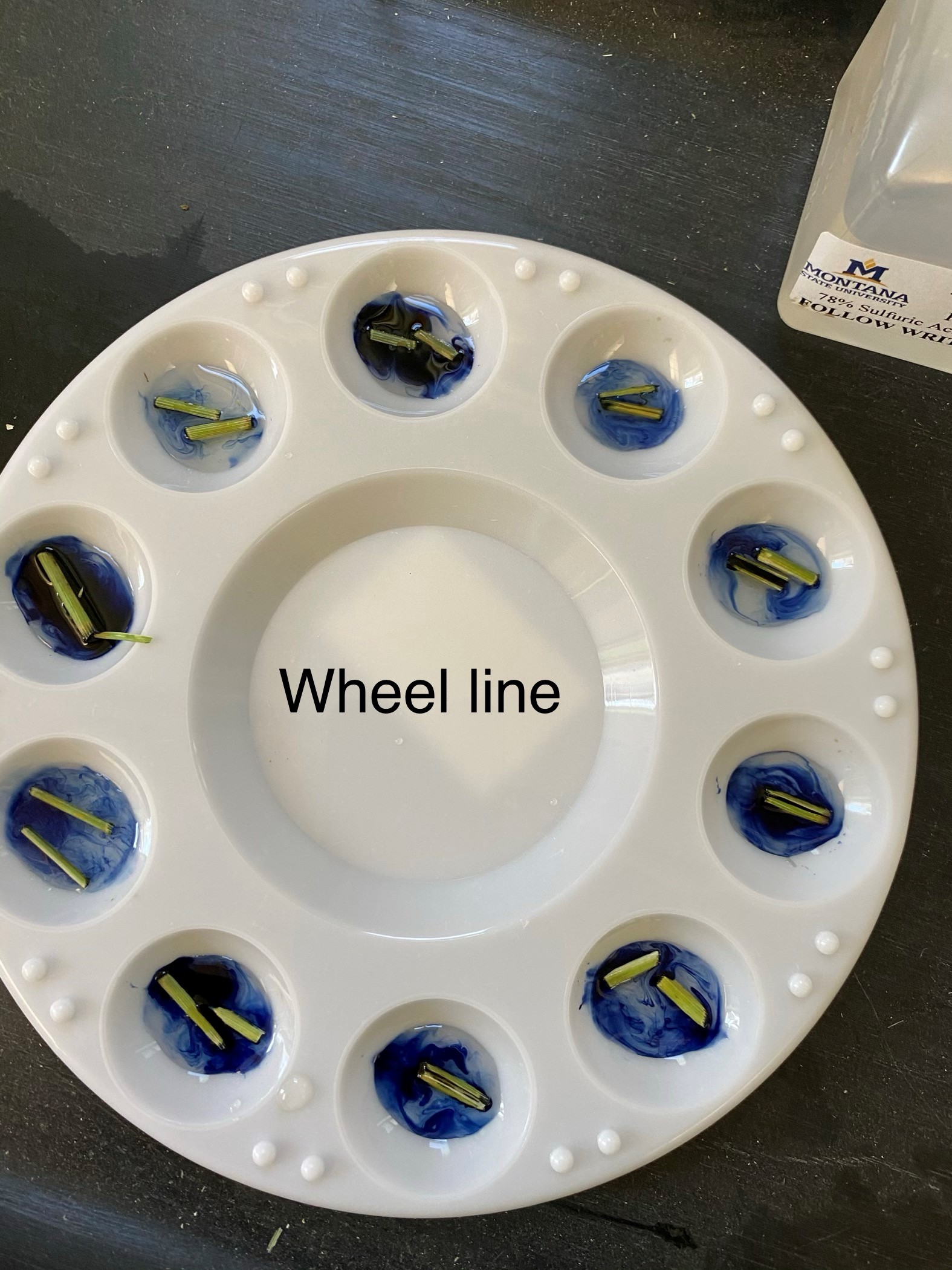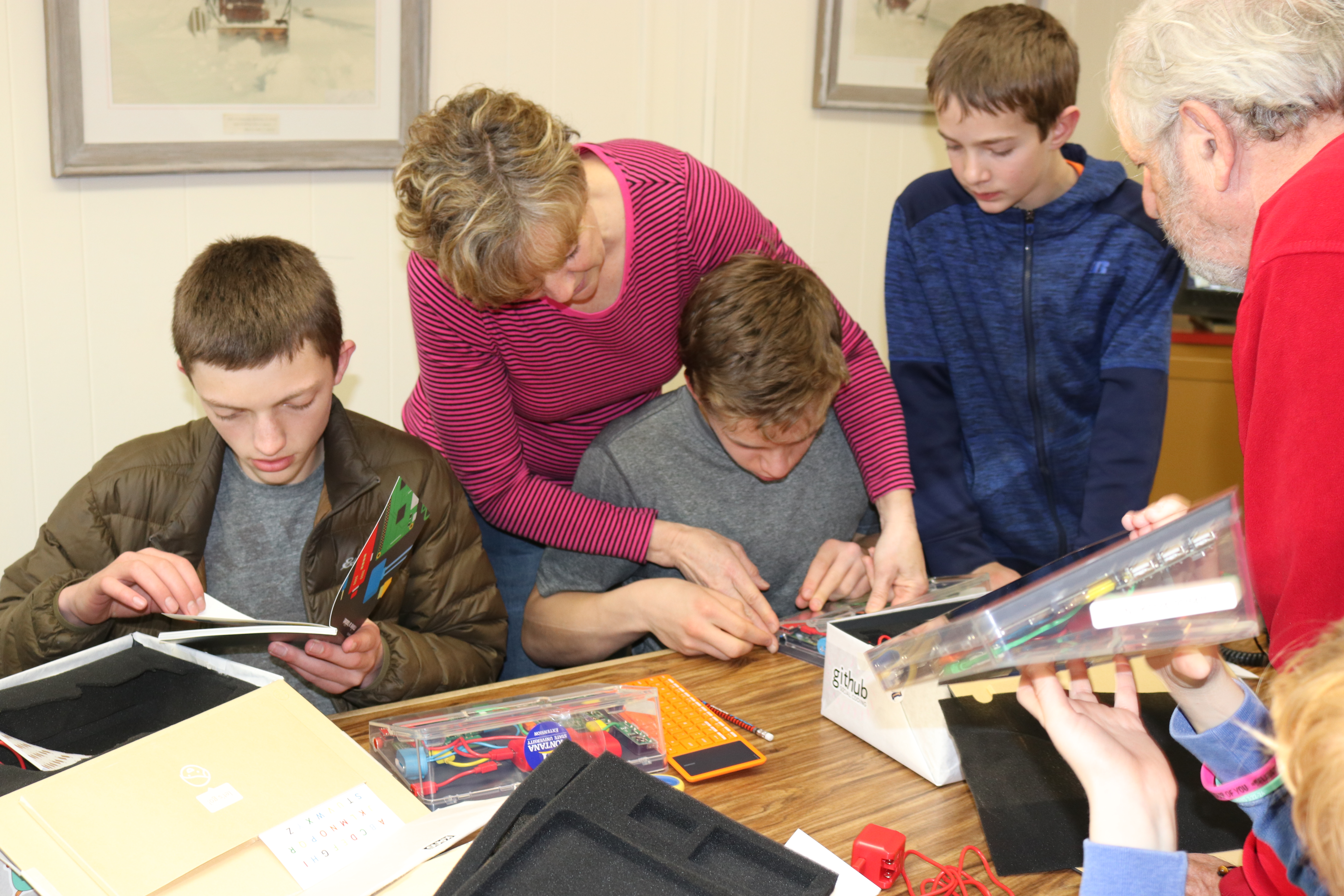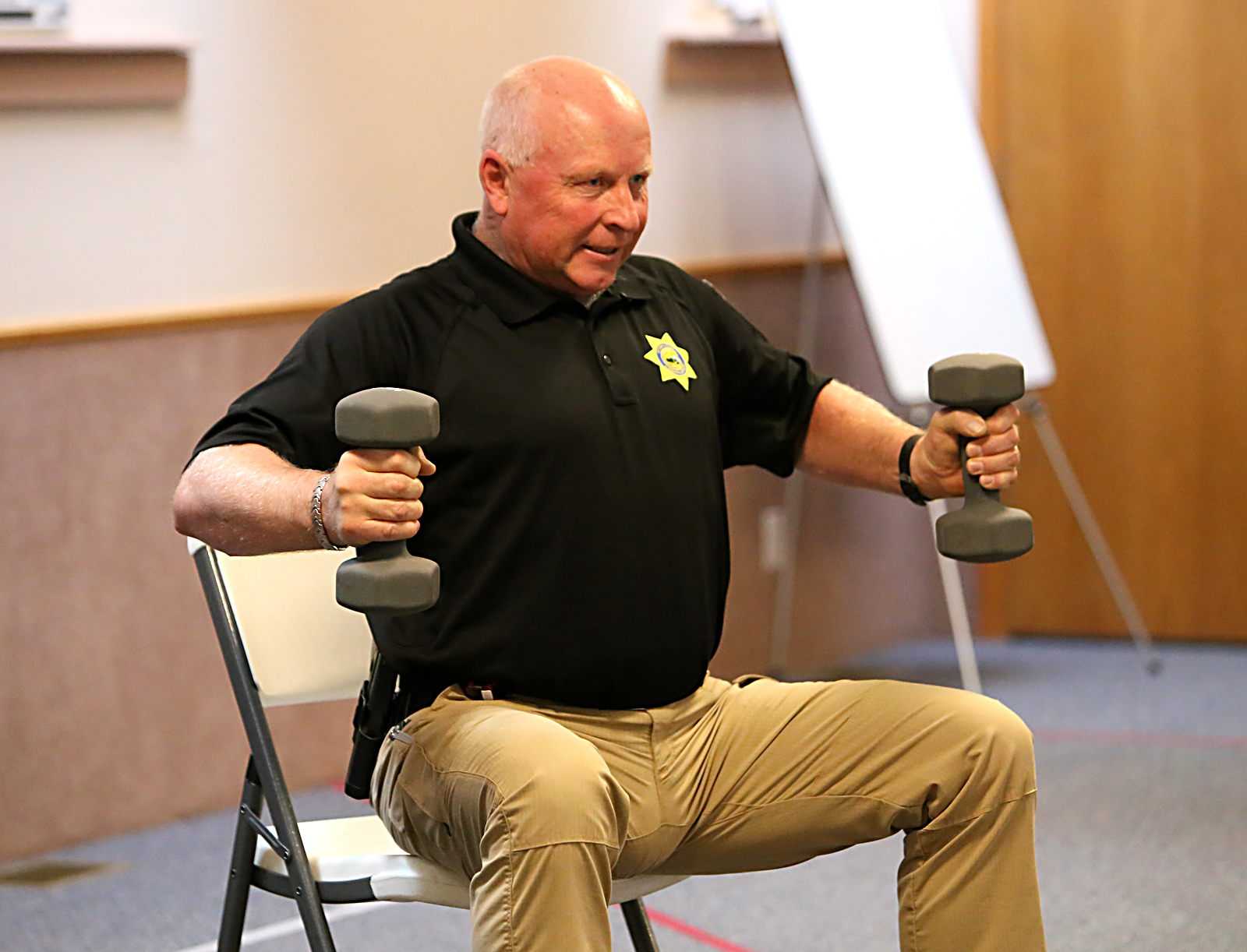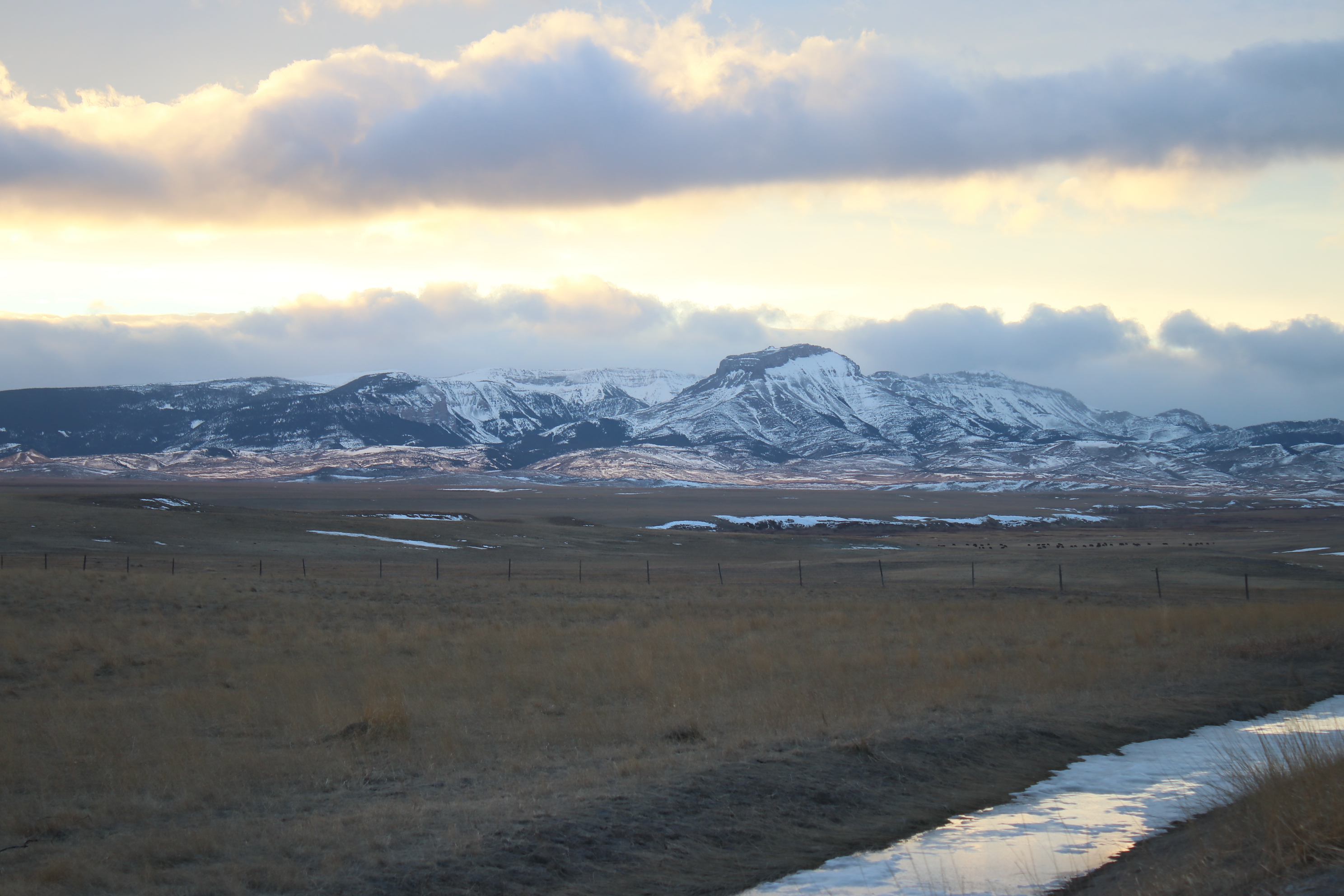
Teton County
Cultivating Programs that Respond to Producer Needs
Published: 2020By Jane Wolery
Photo Courtesy of Jane Wolery
Improving Mental Health and Wellbeing
Published: 2020By Jane Wolery
The Youth Aware of Mental Health (YAM) program reaches approximately 80 students per year and is offered to every ninth-grade student in public school in Teton County. The program includes five sessions about mental health, coping skills, depression, suicide and when/how to seek professional help. The program teaches students to recognize signs of mental health challenges in themselves and others and provides practice approaching someone about whose wellbeing they are concerned. Three months after participating in YAM, students report an increase in general mental health knowledge, significant decrease in depressive symptoms and a trending decrease in anxiety symptoms. Nearly half of students reported they would seek help from school staff for assistance with feelings of suicide and 79% said they would seek help for depression.
Wolery also teaches the “Question, Persuade and Refer” suicide prevention program to school faculty. During the first weeks of the pandemic, Wolery focused media outreach on mental health resources, such as Thrive for Montana, an online cognitive behavior therapy, and the Montana Ag Producer Stress Resource website. Wolery, who has training in counseling, was an early statewide collaborator curating resources specifically for rural Montanans that became the impetus for the stress management clearinghouse.
Photo Courtesy of Courtesy of Vonnie Jacobson, Choteau Acantha
4-H: The Present and the Future
Published: 2020By Jane Wolery
MSU Extension in Teton County serves youth through outreach education, in addition to those enrolled in 4-H. Extension educators have taught lessons for youth through in-school and afterschool programs. Topics have ranged from natural resources and agriculture education to nutrition and wellness. Notable programs have included YAM (Youth Aware of Mental Health), Y.E.S. (Youth Experiences in Science), youth financial education K-12, hand washing and disease reduction. The 4-H program teaches skills that add to the fiber of our rural communities. While the entire impact of 4-H may never be truly calculated, it is expressed in the hearts, heads, hands and health of our youth and our communities.
2020 • 193 youth members • 77 volunteers • 262 youth reached through outreach education • 25 youth in leadership track • 63 youth in livestock projects • Notable programs include shooting sports, Coding for kids and Math Models.
Participants reported: "My kids gained so many skills -- from raising and caring for animals to record keeping to leadership. I love that 4-H is an activity that involves the entire family. Our family has so many amazing memories of our years in 4-H! I think that 4-H makes such a difference in all communities by helping develop compassionate, skilled, and service-minded people. The contributions of 4-Hers to their communities are so many -- community service activities such as food drives and highway cleanups are truly just the tip of the iceberg." -Tammy Townsend, leader/volunteer since 1999
"As an adult I have watched the 4-H program dramatically influence each of my four kids. They have all gained valuable skills in public speaking, leadership, writing, keeping records, and communication in general. They have a background of serving their community, donating to worthy causes, mentoring others and they have the confidence and ability to positively change the world they live in. Their activities and involvement in 4-H was largely how each of them paid for college through scholarships. There is no way to place a value on all the ways that 4-H has positively impacted my life." -Beth Ann Hodgskiss, volunteer/leader since 1999
Strength -- Physical Meets Mental
Published: 2020By Jane Wolery
When MSU Extension Agent Jane Wolery started teaching the classes throughout the county more than a decade ago, she anticipated better strength and balance helping people stay independent longer and reducing the need for costly assisted living. While the mental uplift was not the primary focus, she has now come to see it as a main component of the class. Wolery said, “I had no idea the additional ways the class would build strength in people – mentally, socially and throughout the community.” One participant in her classes progressed from using a walker at the start of the class to using a cane and is now walking unassisted because her legs are stronger, and her balance is better. Wolery observed a marked improvement in the participant’s outlook as well. A caregiver who attended the class with her mother, who has dementia, noted that the class gave them something they could enjoy together, provided socialization, and stabilized her mother’s mood, making caregiving much easier.
Wolery provides what she calls “Extension Extras” at every class. Participants get a healthy dose of education while lifting weights and doing squats. Topics include financial management, nutrition, mental health, estate/legacy planning, food safety and preparation and more. Resources are provided at each class and participants were encouraged to share the information with others, which built knowledge along with strength.
The StrongPeople class in Teton County was featured as a solution to “Graying Pains” with the Solutions Journalism Network nationally and on Montana Public Radio. As a result, requests for StrongPeople in Montana increased and MSU Extension provided training to certify 12 new instructors across the state.
MSU Extension Serves Teton County
Published: 2020By Jane Wolery
MSU Extension faculty and staff in Teton County sent 14,000 emails related to serving clients, 650 documented calls and office visits for education and information, in addition to participation in classes offered.



1.jpg)


